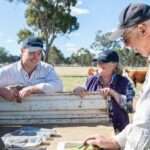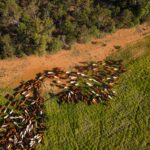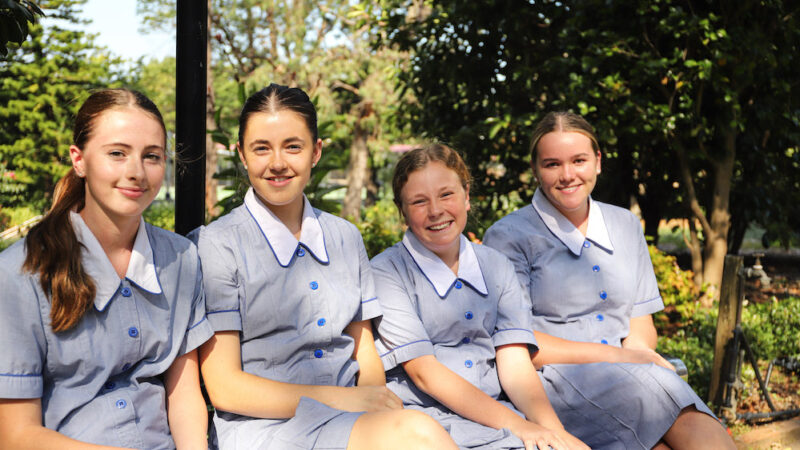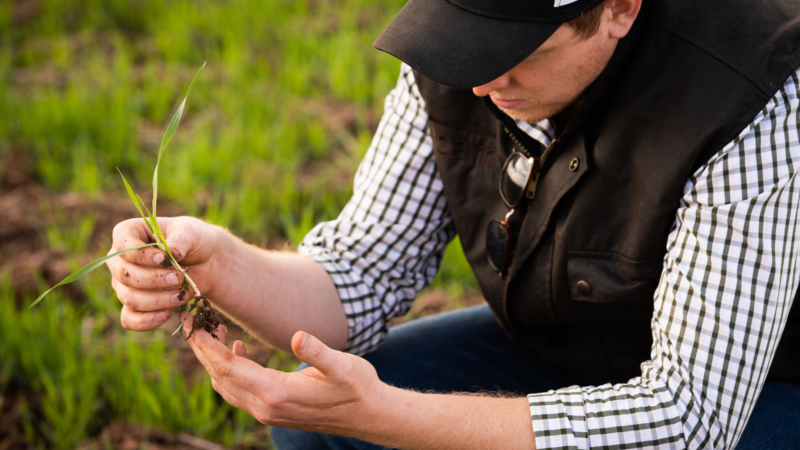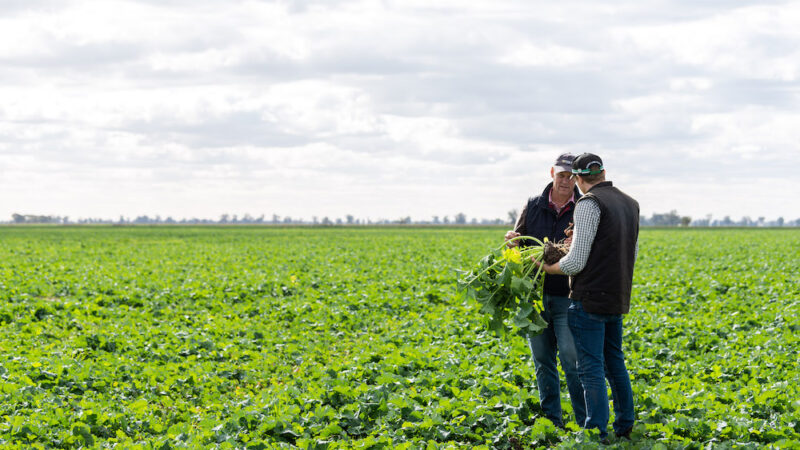Australian farmers are fast recognising carbon farming as a genuine opportunity to improve on-farm productivity,…
Carbon farming done the right way
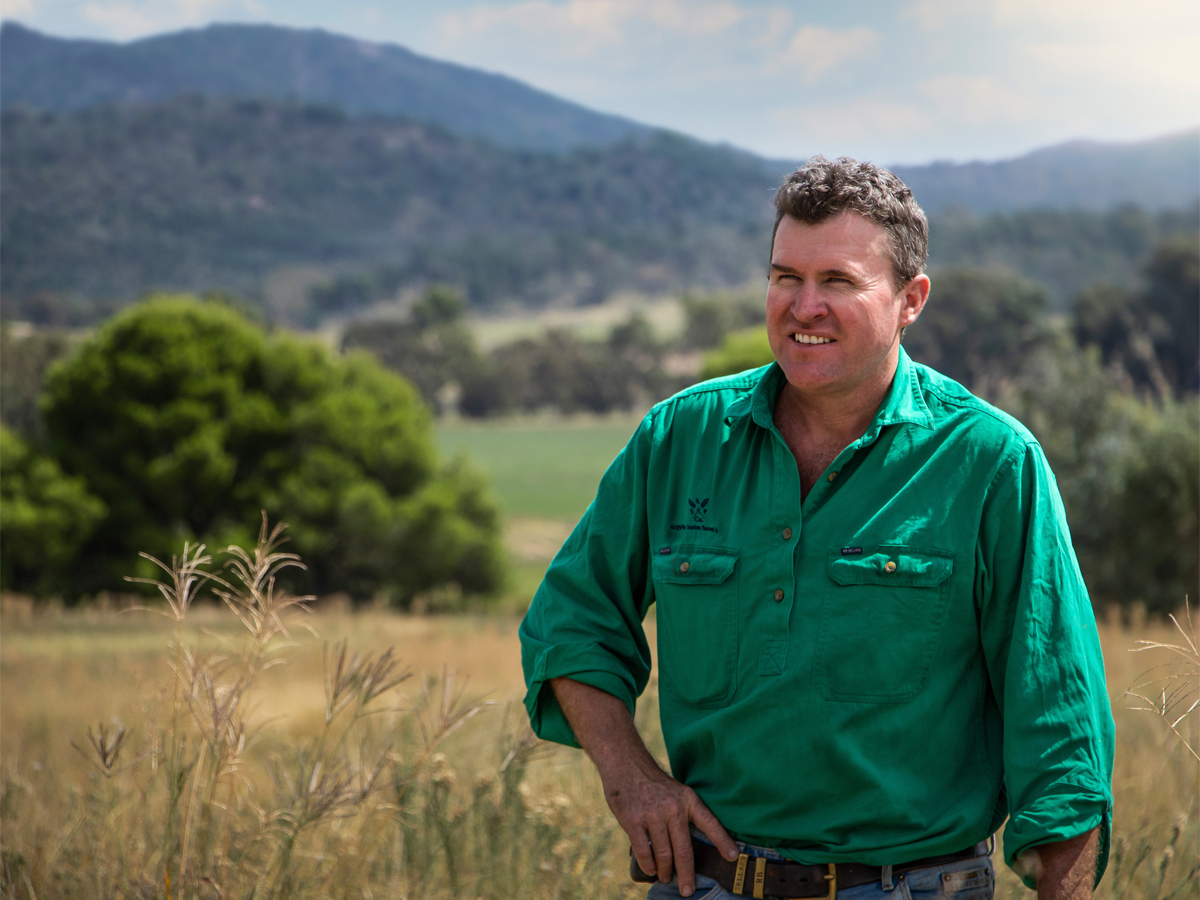
If you ask Western NSW graziers Mike and Lucy Rosser how carbon farming has impacted their family�s business, you might be surprised at the scale of their advocacy.
�Farmers talk about the 1950s wool boom, but my children will be talking about carbon sequestration the same way,� Mike says.
While the carbon market is so often associated with so-called �junk credits� and locking up the land, carbon projects have actually become an essential source of income and influence on operations at the Argyle Station Pastoral Company � and in many ways, strengthened their business against a potentially uncertain climate and future.
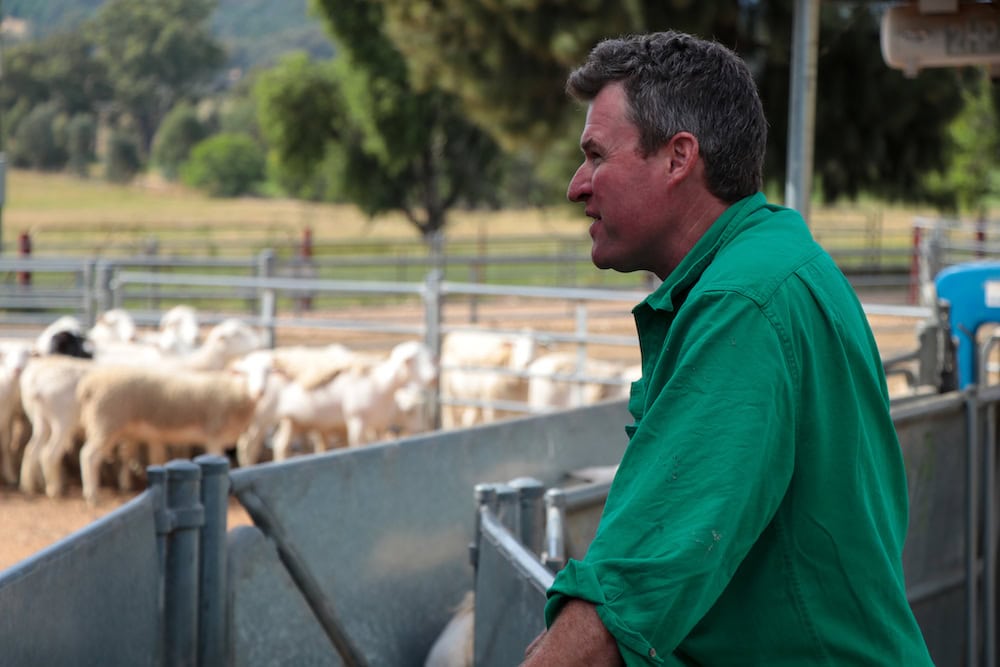
�Between 15 to 20 per cent of our revenue now comes from carbon farming,� says Mike. �But during drought periods, it can rise to as much as 40 per cent. This has allowed us to retain staff during dry periods.�
And it�s also changed the game in terms of sustainability.
The Rosser family run three carbon farming projects in partnership with GreenCollar, and over the past ten years have sequestered 758,728 tonnes of CO2.
They have also halved their methane emissions by reinvesting the carbon money in new technology � including a sheep fertility program that uses electronic ear tags to track the most fertile ewes. �By using this data, we have been able to lift twinning rates by over 40 per cent,� says Mike.
�That means we only have to run half the number of ewes to produce the same number of lambs as before. We�ve effectively halved our flock�s emissions, while selling the same number of lambs, so have remained financially viable.�
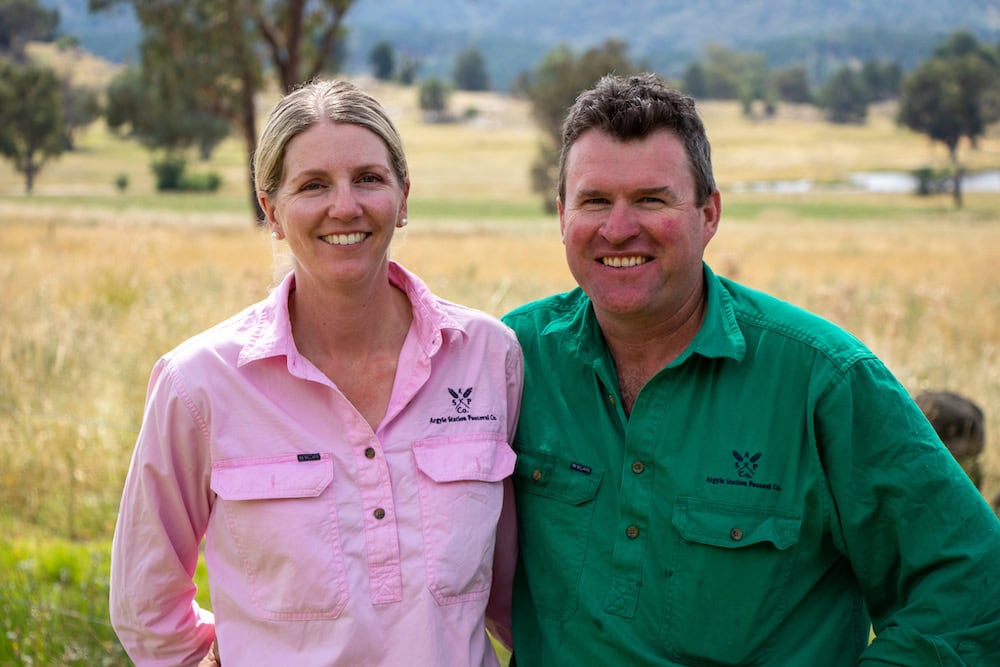
The Rossers projects have also helped to regenerate and protect native forests, while profitably running a grazing operation, and supporting the local economy by taking on more staff.
�All of that couldn�t have happened without our carbon income,� says Mike. �It�s a credit to the Australian agricultural sector that it�s been proactive in taking steps to keep working in a fashion that is both economically sustainable and environmentally responsible.�
In fact, projects like these are vital to help Australia meet its 2050 net zero emissions commitment, and ensure the Australian agriculture industry is sustainable long term.
If you�re interested in learning how carbon farming could bolster your agribusiness, get in touch with GreenCollar today.


